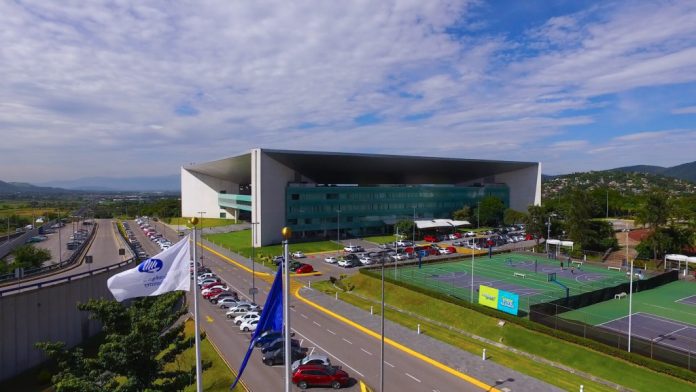“No country in the world is better placed than Mexico to take advantage of nearshoring,” says consulting firm Economy, Business & Indicators (ECOBI). For obvious reasons, the strategy of locating operations close to the target market has led to a growing interest in our country.
The approach has driven significant economic growth, with an annual increase of 3.7% that exceeds the modest average growth of 2.6% experienced over the past two decades.
This historic moment poses scientific challenges that go beyond mere economic analysis. It begs careful consideration of logistical and supply chain complexities.
Conventional algorithms and methods designed for more stable environments cannot be suitably adapted to the peculiarities of the Mexican context. Factors such as high employee absenteeism in sectors such as transport and manufacturing, which can reach 30% in a single day due to cultural or social events, pose unique challenges.
Crucial aspects to bear in mind include differences in the frequency and quality of vehicle and machinery maintenance and concerns over road safety. Operational efficiency is also affected by critical variables such as the punctuality and quality of suppliers.
This range of variables means new mathematical and optimization models need to be developed to satisfy the needs of companies that choose to nearshore in Mexico and complemented with artificial intelligence techniques, especially machine learning.
For companies from developed countries, dealing with the infrastructure and conditions of an environment different to what they are accustomed to implies a significant obstacle to implementing their optimization and planning methods. This provides an opportunity for supply chain and logistics research, which should adapt to incorporate the flexibility required and address the dynamic and sometimes unpredictable nature of Mexican systems.
The scenario recalls the challenge China faced a decade ago when implementing similar strategies, which led to the development of specific logistics and supply chain approaches that have proven effective even in unstable environments. Research in this field is essential in the current context, as it enables Mexican characteristics to be incorporated into logistical practices and algorithms, thereby placing the country’s researchers at the forefront of global science.
For instance, assigning drivers to vehicles, which is a crucial aspect of logistics, necessitates consideration of the different skills and behaviors of Mexican drivers, from highly reliable ones to those with less favorable records. Data analysis enables us to identify patterns and optimize urgent assignments to maximize the efficiency of delivery routing and scheduling.
The flexibility and adaptability inherent to Mexican culture pose challenges but also opportunities for innovation and efficiency. Harnessing this flexibility when planning and allocating resources can provide significant economic advantages.
In summary, logistics and supply chain research are essential for addressing the specific challenges of nearshoring in Mexico and contribute to the country’s economic and technological progress. Integrating Mexican specifics into logistical practices and models maximizes the positive potential of nearshoring and drives long-term development.
*Yasmín Ríos Solís leads the Smart Supply Chain and Logistics Research Group.


















